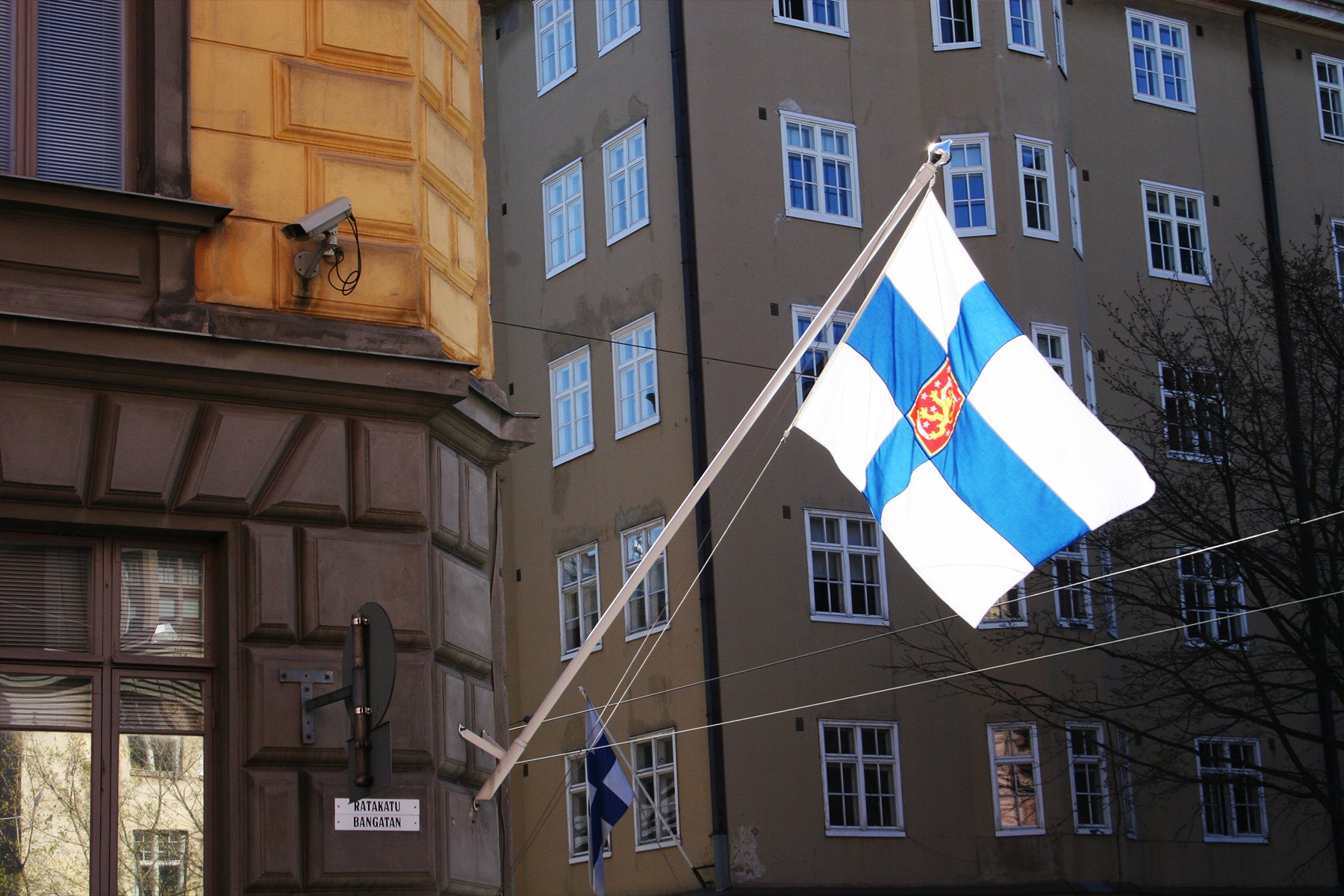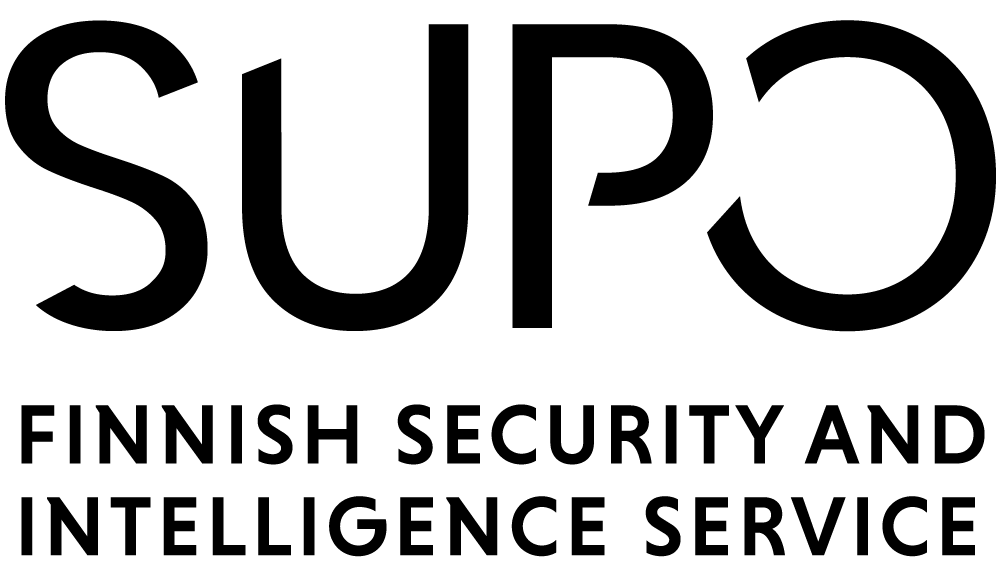The history of Supo began after the wars
Suojelupoliisi has grown from a small and subdued agency into an international security and intelligence service with a staff of over five hundred people. Supo turned 75 in 2024.

Security police and security services have a very long history, as rulers and political systems have always relied on them for assistance and security. Finland has had an institutional security police agency since this service was formally established on a temporary basis in 1919.
The beginnings of Supo
The government of Prime Minister Karl-August Fagerholm initially proposed the establishment of Supo in May 1948, confirming the associated legislation on 17 December of the same year. The new agency then launched its operations at the beginning of 1949.
There were only two offices at first: the Secretariat and the Surveillance Office. Operations were organised in spring 1949 by Acting Director Aatto Virta.
Supo was a noticeably smaller organisation than its predecessor, Initially employing a staff of just 75, in contrast to the 213 people still working at the Valpo State Police in autumn 1948.
The management team also included one Deputy Director. The first permanent Director, Armas Alhava, took office on 13 May 1949.
Supo was established as a small government agency with strictly limited competence. It had no powers of arrest or preliminary investigation, to say nothing of such rights as arranging phone-tapping or intelligence operations abroad.
Most of the staff were recruited from ordinary police districts. The limited powers and generally cautious approach were due to the more flamboyant measures and episodes that had characterised predecessor agencies, and to Finland’s sensitive foreign policy status.
The role of the agency takes shape
While the main role of Supo in its early decades was surveillance of communists, this required a new approach, as the activities of the Communist Party were no longer illegal or proscribed. Combating unlawful intelligence operations, and particularly Soviet espionage, remained the second principal function of the agency, but this also called for special care and discretion.
The first significant incident for the new agency was a matter of internal security: tackling the Kemi rebellion of 1949.
A differentiation of Surveillance Office functions began evolving in the 1950s, resulting in the Counterespionage, Security and Technical Sections. Counterespionage operations only began recovering in the 1950s, with the first notable incident concerning the great Jyväskylä espionage affair, which came to public attention in 1953–54.
The number of Supo offices only began to increase in the late 1960s with the opening of the Register Office and the Security Office. The Technical Office and the Training Office were established in 1973, largely as part of preparations for hosting the Conference on Security and Co-operation in Europe (CSCE).
The remit of Supo began to diversify in the 1970s with new functions, such as combating terrorism and providing security guarding of top national leaders. The declining threat of communism in the 1980s and the collapse of the USSR in 1991 further changed operating conditions at Supo, especially in the field of internal security, with a growing shift towards proactive briefings and staff security work. The first Interior Ministry order concerning proactive security work by Supo was issued in 1982.
The closest association between Supo and Finland’s top national leaders came during the period from 1972 to 1990, when the agency was called the President’s Police, initially during the term of office of President Urho Kekkonen, who had appointed his close associate Arvo Pentti as Director.
Kekkonen’s successor, President Mauno Koivisto then initiated a shift toward greater parliamentarism by assigning Supo policymaking to the Government.
Supo international operations grow with the approaching new century
The international activities of Supo remained largely unseen in the early years of the agency, but began to expand after Finland joined the European Union in 1995. This brought additional work during the country’s EU presidential terms in 1999, 2006 and 2019.
Besides a sustained tradition of Nordic co-operation, Supo enjoys long-established links to major Western intelligence services, particularly those of the USA and the UK.Bilateral contacts were also added in various directions during the directorship of Seppo Tiitinen, whose successor Eero Kekomäki oversaw accessions to international intelligence communities. This expansion of operations continued when Seppo Nevala took charge of the agency, with intelligence conferences held in Finland for the first time.
The volume of counter-terrorism tasks and international co-operation grew substantially following the 2001 terrorist attacks in New York.
New legislation and new functions
A new Security Clearance Act took effect in 2002, introducing a more detailed statutory framework for the staff security work of Supo and for the security clearances that are conducted for individuals seeking appointments that are of importance to national security or to very substantial private economic interests.
The entry into force of civilian intelligence legislation and associated new powers in 2019 resulted in a major reform of operations as Supo became a security and intelligence service.
The reform improves the ability of Supo to detect and ward off any schemes that jeopardise national security, such as espionage and terrorism, and to supply swifter and better intelligence to the national leadership. Finland’s intelligence operations seek solely to protect the country and its residents.
Books on the history of Supo
The first autobiography of the agency: Turvallisuuspoliisi 75 vuotta (75 years of Security Police) appeared in 1994, followed by a second publication: Isänmaan puolesta - Suojelupoliisi 50 vuotta (Pro Patria - 50 years of Supo) in 1999. Published in 2009, Ratakatu 12 details the work of Supo between 1949 and 2009.
